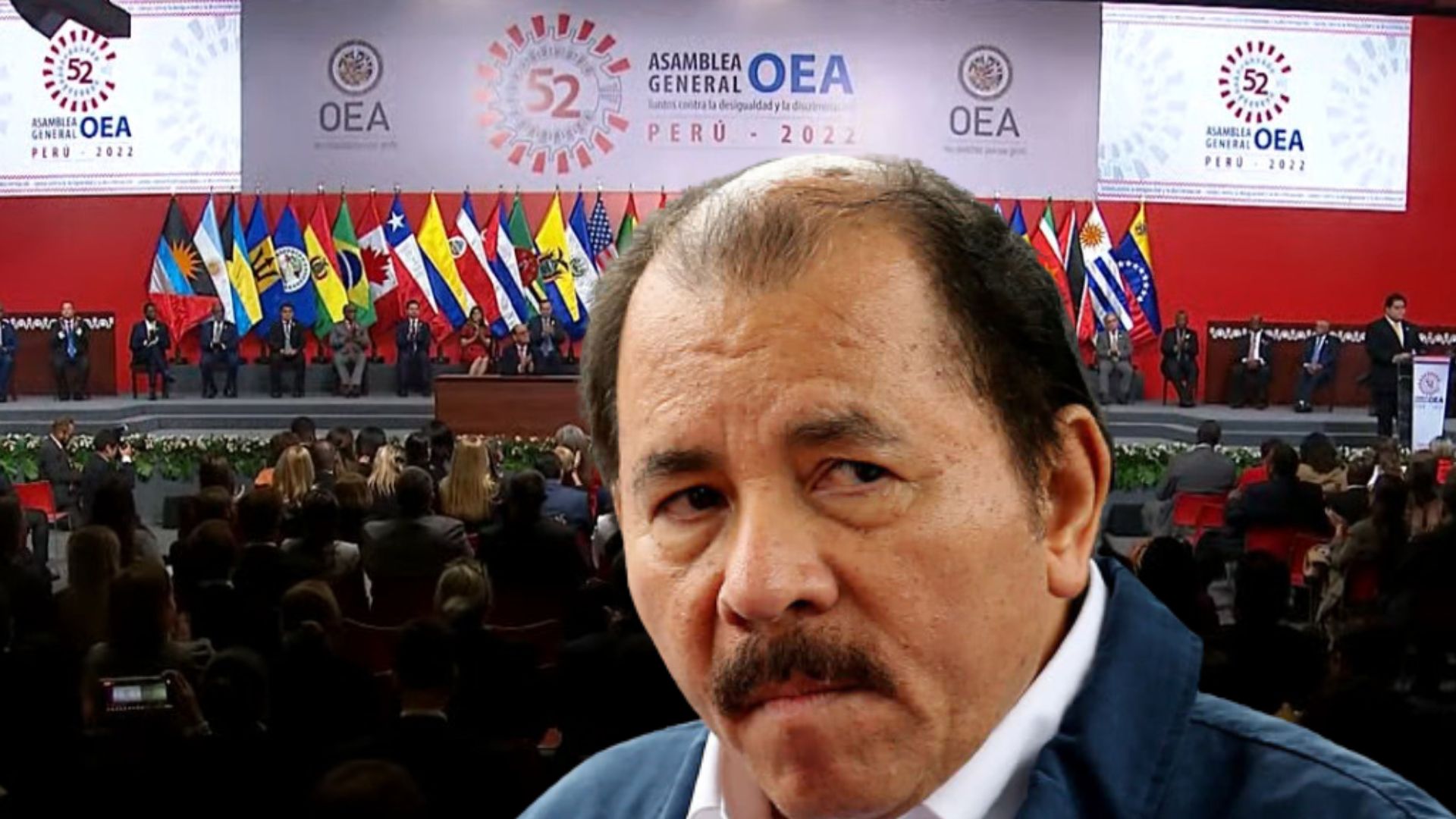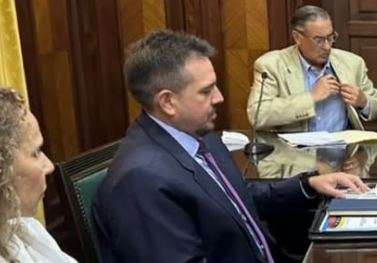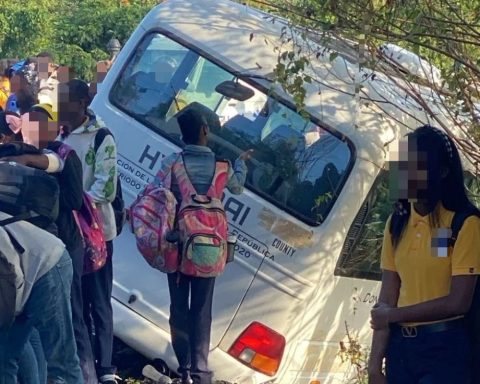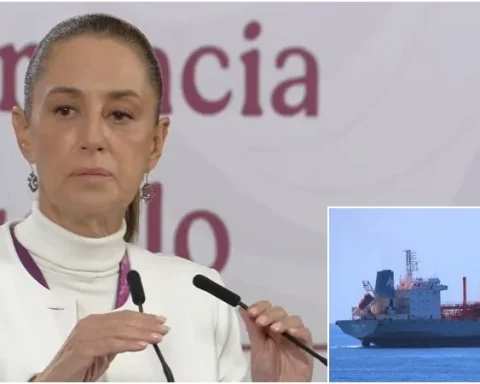Five years after the start of an unprecedented human rights crisis in Latin America, the Nicaraguan dictatorship, headed by Daniel Ortega and Rosario Murillo, not only remains an important topic of debate and criticism, but also of international condemnation.
On the last day of the General Assembly of the Organization of American States, the forum seeks consensus to again condemn the human rights crisis in Nicaragua, during its annual assembly in Washington.
Related news: The OAS seeks consensus to condemn Nicaragua
With a Latin American ideological configuration different from that of 2018, when the Sandinista dictatorship began the violent turn towards authoritarianism, the OAS seeks once again to expose to the world the systematic violation of human rights in the Central American country, while debating whether or not to condemn to the regime.
The issue of Nicaragua has lost strength
The 53rd OAS General Assembly that is being held in Washington and ends today. (SPD)
The more than 20 votes that the forum has received in recent years now seem in doubt due to the complicit silence of El Salvador, Honduras and Guatemala, countries that are experiencing their own internal crises or have tacitly allied themselves with Ortega’s authoritarian style.
The issue of Nicaragua appears on an extensive agenda of sessions and topics, no longer as the main focus of concern, but rather as an important place of discussion. In the first plenary sessions, the OAS approved various resolutions on international law, human rights, civil society participation, telecommunications, and ports, among other topics.
The 50th anniversary of the coup d’état in Chile was also remembered, amid criticism and questioning of the current role of the OAS.
Brazil as mediator for Nicaragua
However, the most complex issues, such as Nicaragua, Bolivia, Cuba, Peru and Venezuela, have been debated in the general commission of foreign ministers, which has a deadline this Friday afternoon to reach an eventual agreement.
Among them, the draft resolution on human rights in Nicaragua stands out, which has generated controversy due to Brazil’s initial decision to introduce changes that softened the terms of the text. However, the South American country has taken a turn in its position, but always with a conciliatory stance.
Related note: President of Brazil “will try to convince” the dictator Ortega to release Monsignor Álvarez
During the second plenary session, the Secretary General of Foreign Relations of Brazil, María Laura da Rocha, invited the countries of the forum to «a reflection on how to promote the organization as a space for dialogue between the countries of the region (…) regardless of the nature of their political, economic and social systems».
His argument is that when a country leaves the OAS, «we lose space for dialogue, we lose opportunities for reconciliation and the search for solutions»he claimed.
Nicaragua announced its departure from the OAS in November 2021 and stormed its headquarters in Managua, after the organization did not recognize the votes in which Ortega was re-elected after exiling and imprisoning opposition candidates.
Nicaragua would leave the OAS next November.
What can be expected from the OAS?
Although the countries maintain differences regarding the text, not in the situation of Nicaragua, some ideas have been coupled to a new resolution text, since Brazil moderated some of its approaches and Canada presented a new proposal that is closer to an agreement.
Brazil managed to get Chile and Colombia to support some of its points, but in general terms it accepts other options that do criticize the Nicaraguan dictatorship of Ortega. Diplomatic efforts, immersed in the tone of the document, negotiate a text that can be approved by consensus without having to put the issue to a vote.
The resolution on Nicaragua that is being negotiated between countries maintains its «deep concern» by the United Nations report that states that «there are factual elements to conclude, prima facie, the existence of a crime against humanity of persecution of opponents» politicians.
The negotiation now went to the OAS general commission to discuss the points that remain without agreement, in order to be able to approve a resolution without having to submit it to a vote on the dictatorial course that Nicaragua is taking, hand in hand with Ortega and Murillo.
By: United Voices.














